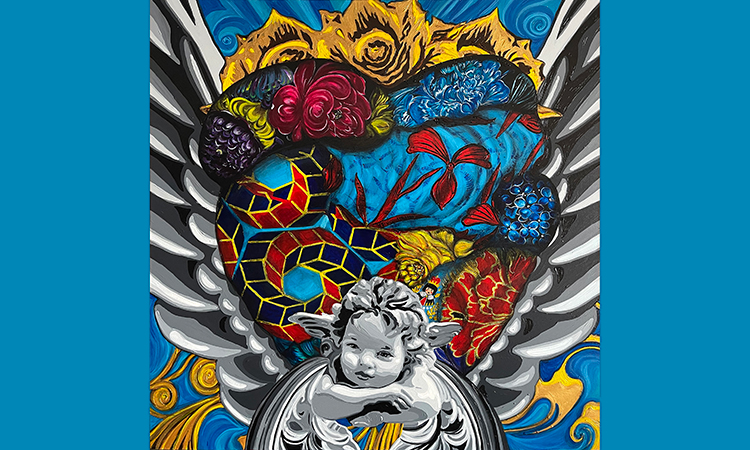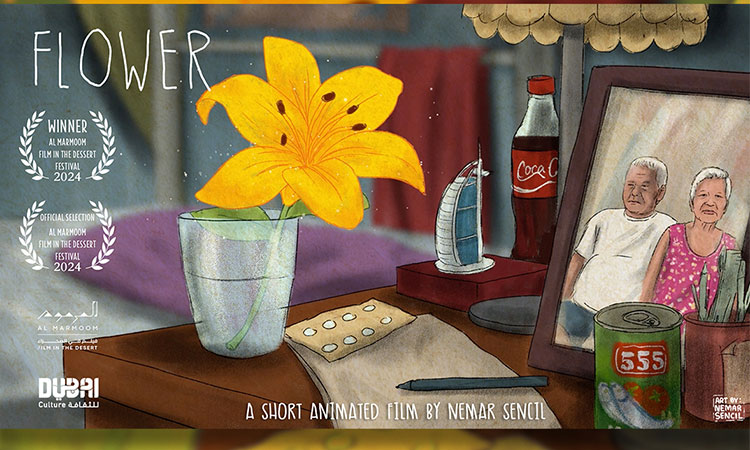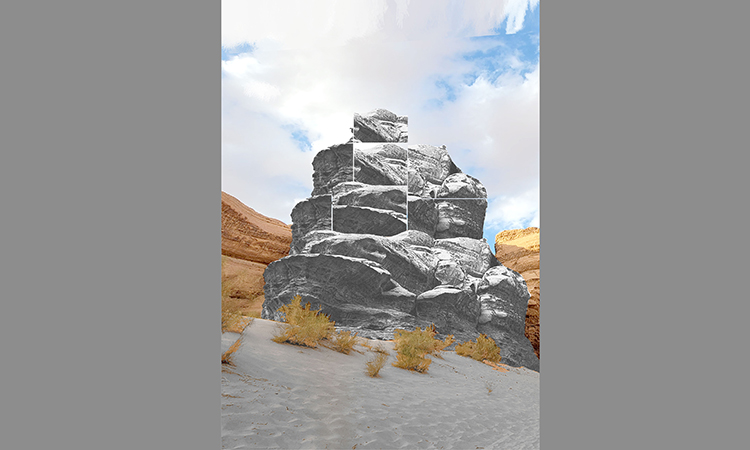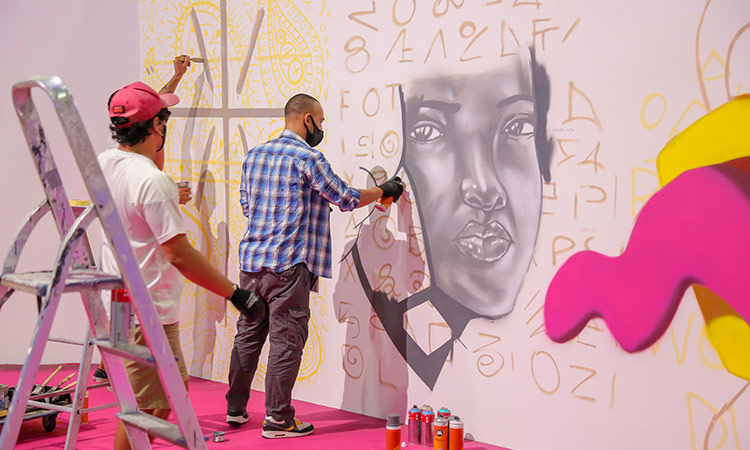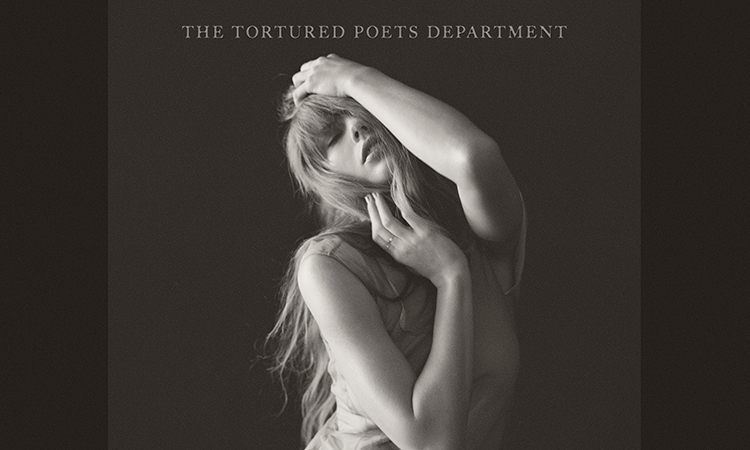Many voices converge in Reading in Tongues at Ishara Art Foundation
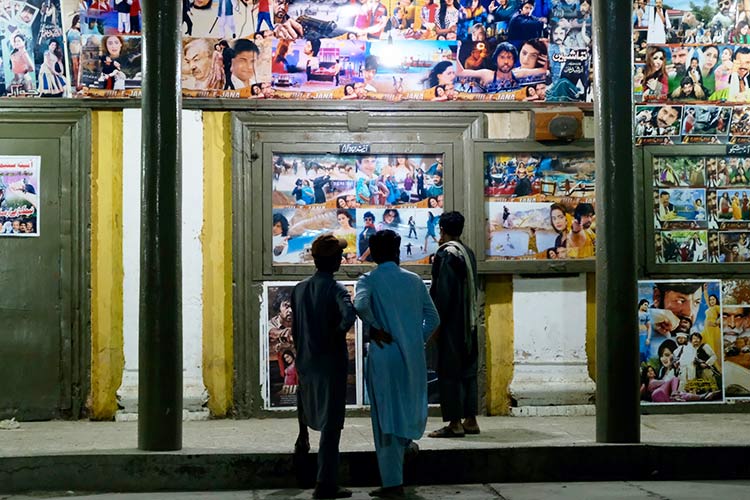
Timothy PA Cooper, Khurshid Cinema, Rawalpindi.
Muhammad Yusuf, Features Writer
Reading in Tongues has been launched online (Aug. 1 – Aug. 28) on the Ishara Art Foundation website. To bring it to fruition, the Foundation has partnered with Colomboscope to present the four-part virtual programme, as part of the latter’s seventh edition Language is Migrant, curated by Natasha Ginwala and Anushka Rajendran.
It includes film-screenings, live conversations, talks and a listening session with Cecilia Vicuña, Shalim M Hussain of Miyah Poets, Vindhya Buthpitiya and Timothy PA Cooper, Shahzad Bashir and Slavs and Tatars.
READ MORE
Christina Applegate reveals MS diagnosis Its been a strange journey
We For India Ed Sheeran and Mick Jagger join Bollywood stars to raise funds
Jennifer Aniston says she has lost friends over their anti-vax views
The virtual programme is organised in the context of an on-site reading room initiative that also opens the seventh edition of the Colomboscope festival in Sri Lanka. Colomboscope is a contemporary arts festival and creative platform for interdisciplinary dialogue that has grown within the cultural landscape of Colombo, Sri Lanka, since 2013. The festival has worked with a range of intergenerational artists, writers, musicians, filmmakers, social theorists and scientific researchers from Sri Lanka and internationally, delivering a focused programme with each festival edition, held at key historic sites in Colombo.
Ishara Art Foundation is a non-profit organisation dedicated to presenting contemporary art of South Asia and South Asian diaspora. It is the first permanent space in the Gulf dedicated to South Asian contemporary art and is located in Alserkal Avenue, Dubai. The non-profit is founded and supported by Dubai resident, collector and patron, Smita Prabhakar.
Reading in Tongues has been conceived as a reading room initiative and as a time-space for assembling acts of reading, storytelling, performed and sonic narratives, drawing from Gloria Anzaldua’s ‘Letter to Third World Women Writers’ (1979). It is envisioned as a convivial junction where estranged dialects, invented language and sonic vibrations are embraced by engaged listening and performative reading.
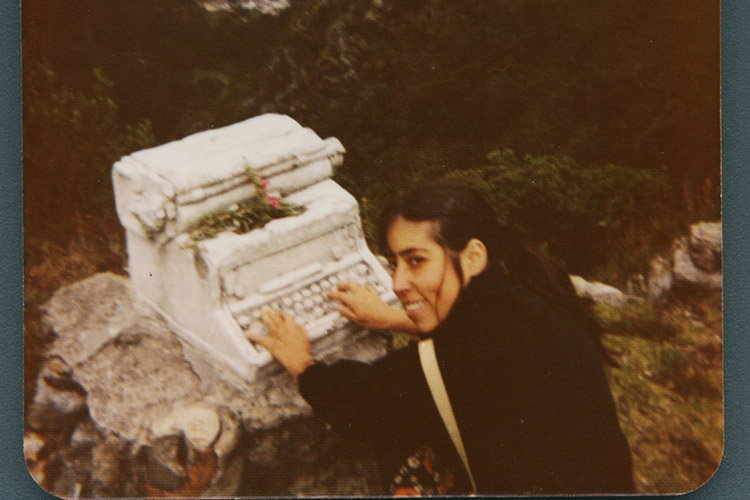
Artists’ publications, including zines, poetry and journals will be introduced and activated by a cycle of programming, as well as on-site/online radio transmission, literary projects and performances. The tongue is considered a living form exposing the truth that language is never neutral, while creating expressions of rebellion, the mutation of inheritance and a shelter for poesis to emerge. Language is Migrant journeys from a poem-manifesto by Chilean artist and poet Cecilia Vicuña, of the same title. She writes: “Words move from language to language, from culture to culture, from mouth to mouth. Our bodies are migrants; cells and bacteria are migrants too. Even galaxies migrate.”
Artists compose, decipher and perform as vital travellers and storytellers in all times. They often repair relations by drawing material articulations from deep losses, silence and erasures, while inventing language forms as bridges between communal narratives, official records and submerged histories. The online programme does not require pre-registration. All screenings and events can be viewed for free directly on the Ishara website at www.ishara.org . Ishara Art Foundation was founded in 2019. It supports emerging and established practices that advance critical dialogue and explore global interconnections. The Foundation facilitates exchange between South Asian and international artistic networks that include museums, foundations, institutions, galleries and individuals. “Ishara” signifies a gesture, a signal or a hint, and is a word common to several languages, including Arabic, Persian, Hindi, Swahili and Urdu. Ginwala is Associate Curator at Gropius Bau, Berlin and Artistic Director of Colomboscope Festival and the 13th Gwangju Biennale with Defne Ayas.
Rajendran is a curator and writer based in New Delhi. She is the curator for Prameya Art Foundation (PRAF), a not-for-profit arts organisation based in New Delhi committed to approaches that enable audience-thinking for contemporary art in India. She is also the Curator of Video Art for the 2021 Asian Art Biennial, organised by National Taiwan Museum of Fine Arts, and was assistant curator for Kochi-Muziris Biennale 2018. Artist-poet Vicuña (b.1948) created the concept of Precarious Art in Chile in 1966, an early response to the ecological crisis. Her improvisatory performances emphasise indigenous cultural memory and the collective nature of action in the interests of justice, balance and world transformation. Vicuña is the author of 27 books. She lives and works between New York City and Santiago, Chile. Hussain (b.1987) is a writer and translator based in Assam, India. He was born in Kalgachia in the Barpeta district of Assam. He has degrees in literature from the University of Delhi and Jamia Millia Islamia. His books include the poetry collection Betel Nut City (2017), a translation of Kamal Kumar Tanti’s anthology Post Colonial Poems (2018) and a translation of the Assamese pulp classic Asimot Jar Heral Seema (2020).
Buthpitiya (b.1987) is an anthropologist and curator working at the intersection of conflict and visual culture, based in London, UK and Colombo. Her current research is focused on war, popular photography and civilian resistance in northern Sri Lanka. Cooper (b.1986) is an anthropologist and ethnographic filmmaker based in Oxford, UK, studying religion, ethics, and popular media in contemporary Pakistan. He is a Research Fellow at the Department of Social Anthropology at the University of Cambridge and an affiliated member of the Max Planck-Cambridge Centre for Ethics, Economy, and Social Change. Slavs and Tatars is an internationally renowned art collective devoted to an area East of the former Berlin Wall and West of the Great Wall of China known as Eurasia. Bashir (b.1968) is Aga Khan Professor of Islamic Humanities at Brown University in Providence, Rhode Island, United States. He specialises in the intellectual and social history of Iran and Central and South Asia.
